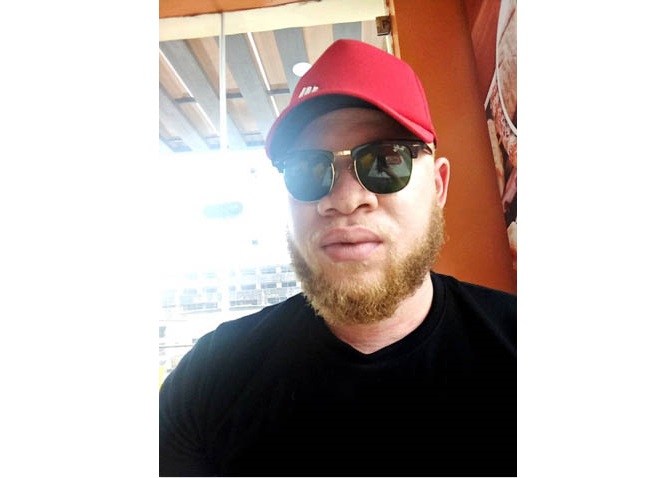In Nigeria, albinos face a lot of stigma and name-calling because of their albinism features of skin and look, which distinguish them from the normal complexion.
As a result of this, albinos, young and old, suffer marginalisation in their quest to fit into the society.
Albinism, according to Tim Newman (MedicalNewsToday), refers to a range of disorders that result from a reduction or absence of the melanin pigment, which varies in severity, often causing white skin, light hair and vision problems. The most common cause of albinism is an interruption in the functioning of the enzyme, tyrosinase. An estimated one in 70 people carry the genes associated with albinism.
Twenty nine-year-old Kelvin Ukhurebor, a film maker, was born with albinism and has since his childhood been battling with acceptance, by the society, which he said sometimes drives him into depression.
Apart from facing hostility from the society, the film maker said albinos also face hostility from the sun. “I don’t stay out in the sun for too long, and if I must, I wear sun protection because we are prone to skin cancer,” he said.
Born and bred in Benin, the Edo State capital, Ukhurebor described his experience growing up as “sweet and sour.”
He explained the sweet part as having a family that was supportive and a few friends who looked beyond his complexion, while the sour was the stigmatisation he had to grapple with growing up in a predominantly black society where the people were largely ignorant as it affected his albino kind.
“It is worse during the formative years, facing bullying, both physically and psychologically, trying hard to fit in and be regarded as normal and coming to terms with derogatory names like ‘afin’ (albino) and ‘oyinbo’ (white person). Unfortunately, the damage stays with you till adulthood,” he said.
Ukhurebor said that to aggravate the albinos’ situation in the country, they live in perpetual fear because they are perceived to be easy prey for ritualists.
“I have also heard stories of albinos being discriminated against in their places of work, though I have never experienced this. Even nature doesn’t work in our favour as exposure to extreme sunlight can literally lead to our death. All of these are issues affecting us in a country where we are citizens, all because we look different,” he lamented.
How has his love life been? The film maker said it was easier for his male friends to look beyond his complexion than the girls. “For guys, it is easy. It’s either we vibe well or we don’t. It’s easier for them to look beyond my complexion. For the girls, it’s a totally different ball game.
“When I was in secondary school, a girl I had a crush on wondered how she would introduce me to her parents as she doesn’t have an albino in her family. She asked me what her parents would say if they saw her with me. So it’s not been that easy having female friends. But I know when it is time for me to get married, that won’t be a problem,” he expressed optimism.
Having gone through so much stigma and depression from the society, 29-year-old Ukhurebor, a graduate of Accounting and now a film maker and screenplay writer, has decided to produce a short film on albinism.
The film, he said, is aimed at addressing most of the issues affecting albinos in Nigeria. “I am still trying to get financiers. Since I was a kid, I have been fascinated with film and television. I started writing screenplays in 2010,” he said. He appealed to Nigerians to support and encourage albinos rather than discourage them. “They did not choose to be albinos,” he stated.

 Join Daily Trust WhatsApp Community For Quick Access To News and Happenings Around You.
Join Daily Trust WhatsApp Community For Quick Access To News and Happenings Around You.


